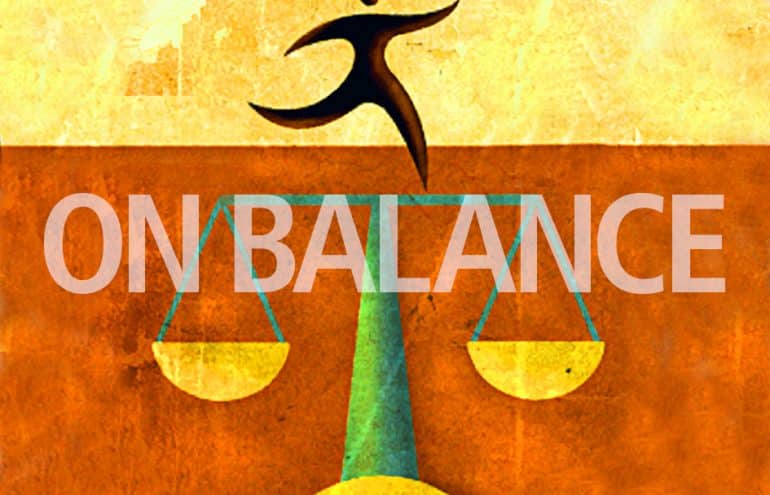We’ve all heard the adage that a lawyer who represents himself has a fool for a client. When it comes to attorney discipline matters, there are certainly times when this is true. However, there are also many times when a lawyer is perfectly capable of representing himself effectively. How do you know whether your case requires outside assistance?
In Good Company
Thousands of bar complaints are filed every year — which means thousands of lawyers across the country receive letters from their state bar regulators investigating claims by former clients, opposing counsel, even judges. If you are one of this year’s recipients, you are in good company.
Each lawyer who receives a letter has a choice: Respond on their own, get a lawyer friend to help, hire a lawyer to write the response for them, or hire a lawyer to offer counsel and support while responding on their own.
Top Five Factors to Consider
The right choice depends on several factors. Here are the top five to take into consideration.
Severity of potential consequences. The higher the stakes are, the more likely you should hire outside help. If the bar’s allegations would support disbarment, by all means, find someone to assist you. This is truly the fight of your career if disbarment is a possible sanction; pull out the stops and go to bat with all that you have, including a hired lawyer, to save the career you worked hard to create.
On the other hand, the more manageable the potential consequences are, the more likely you can handle it on your own. It is very difficult to see at the outset of an investigation, but some discipline matters that are not dismissed only result in a warning letter. If the alleged wrongdoing is on the mild end of the scale, it would tend to weigh in favor of handling it yourself.
Complaining witness’s identity. Anyone can bring a state bar complaint. The identity of the complaining witness ultimately impacts the likelihood of a sanction being imposed. For example, if the complaining witness is an incarcerated ex-client with a long list of criminal convictions for perjury, theft and other crimes of dishonesty, seriously consider how the state bar will prosecute the case. If the case relies on this witness’s testimony, it might be reasonable to expect the investigation to be closed early on without action.
On the other hand, if a referral to the bar from a sitting judge initiated the case, the likelihood of prosecution significantly increases. The judge is not only going to be heard at the state bar level, but the bar will likely also feel obligated to prosecute a case referred by the court. So, if the case is started by a judge, it is far more serious and likely to require the hiring of counsel.
Emotional involvement. It is extremely difficult to step back and evaluate a state bar complaint against you without being defensive and emotional. After all, someone, whoever the complaining witness is, is impugning your integrity. Someone is accusing you of failing in your professional duties and is threatening your livelihood and ability to continue in your profession.
You must honestly and objectively evaluate your emotional state before deciding whether to handle the case on your own. A response to an investigation is not going to be well-received if it is defensive or angry, or attacks the complaining witness. Can you write a response that will be effective? If the case proceeds past investigation to actual prosecution, can you present your case effectively?
Your discipline history. If you have a history of state bar discipline, the odds are higher that you are going to need some help. First, you’ve been through the process before and find yourself back there; something in what you are doing in your law practice may not be working. Second, the state bar is going to be very difficult in negotiations because of your history. Third, the potential consequences are necessarily harsher because you have been through the system before.
Cost. Finally, while money certainly plays a role, it should not be the No. 1 factor in determining your choice. If the other factors add up to you needing help but cost remains the biggest hurdle, do not leap to do it yourself without gathering information on your options. A friend may help out for no fee (though she may not know the process either), and consulting support is often far more affordable than full representation. Get a handle on the actual costs involved before deciding that you can’t afford someone to assist.
In sum, depending on the case and the lawyer, some attorney discipline matters can be handled pro se. Whether your case is a good candidate for do-it-yourself representation depends on several factors, but it is always worth doing the analysis before choosing how to proceed.
Illustration ©iStockPhoto.com
Subscribe to Attorney at Work
Get really good ideas every day: Subscribe to the Daily Dispatch and Weekly Wrap (it’s free). Follow us on Twitter @attnyatwork.

















